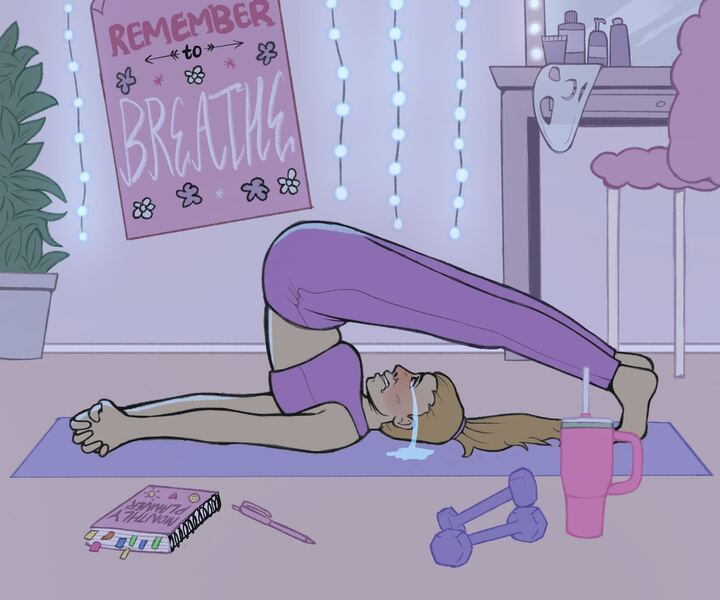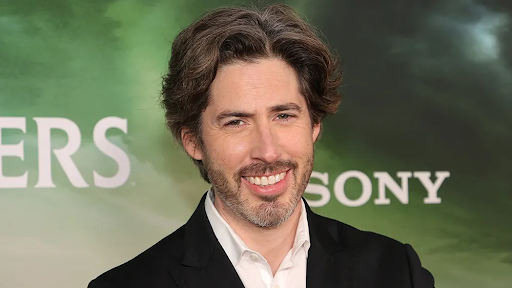Young. Reckless. Unsure of the future.
These are the kinds of descriptors that come to mind when somebody uses the phrase “college student.” Perhaps this description matches the typical student, but it certainly isn’t the profile of every student.
Now more than ever, people are changing careers. New York Times columnist Marci Alboher wrote that the reason for these changes is people no longer believe in corporate job security. Additionally, she wrote, “We are living and working longer, too, giving us a larger canvas to paint our work/life dreams. … We also realize that life is short, so we want to feel good about the work we’re doing.”
Sometimes changing careers requires professionals to go back to college. That can mean taking a few classes or even pursing a second degree. It may also mean getting a first degree, depending on previous education.
Yet many colleges see their students the same way we do: fresh out of high school and without any career experience. Colleges don’t pay enough attention to the portion of their student population that is older and looking for a career change.
This is a problem mostly because these professionals-turned-students have different needs than their younger peers. They already have an established lifestyle, perhaps even a family. They can’t simply drop their entire salary to go back to school, which means they need courses structured around a work day and the needs of their families. It’s also likely been a long time since these prospective students were in an educational setting, meaning they could need refreshers on some of the basics.
All of these things veer from the degree formula colleges use for their more typical students and not many colleges bother to figure out a new formula for others to use.
Thankfully, however, the UA is not one of those colleges. The UA offers multiple programs specifically aimed at people who want to change their careers later in life. According to a University Relations article, the university offers nine different degree tracks that can help people move into the fields of nutrition, education and wildlife conservation, among others.
These degree tracks are usually shorter than the typical program, with the shortest lasting only 14 months before students earn a master’s degree and a special education teaching certificate. This helps students who need to balance school, work and family, as they only have to juggle it all for a few months as opposed to a few years. They can keep their previous job while learning the skills for a new one, keeping them from a huge financial lurch.
By giving some focus to those looking to change careers, the UA is helping to create a more fluid and diverse local job market, as applicants have a wider variety of experiences. The programs also allow people to actually switch careers, because it accommodates their unique needs that would otherwise prohibit a career change.
Beyond that, the programs help people find their calling in life. With the UA’s programs, they can realize a long-held dream and find a job that truly makes them happy.
Other universities should follow the UA’s lead in recognizing that their student bodies aren’t compromised of just those seeking first careers. The programs the UA has help people make their lives everything they want, which is exactly the role education should play.
Universities should make an effort to serve the needs of all in their communities, and if that means specialized programs, then they should create some.
Follow Marissa Heffernan on Twitter.








